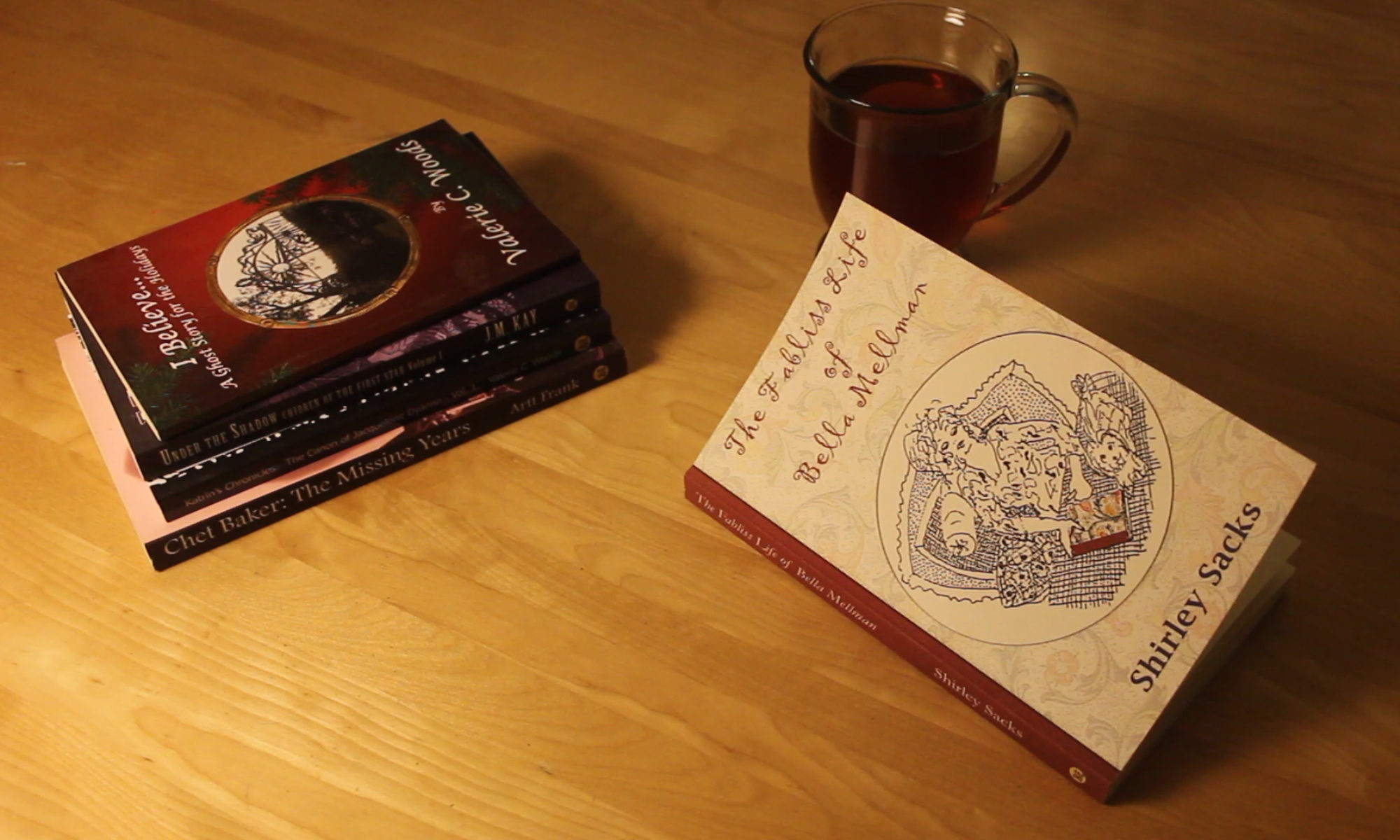The Armchair Activist
By DeeAnn Veeder
When I was a kid, I had a dream of having a child of every race, a noble dream for a young blonde child; I thought if families were made up of every race, there wouldn’t be hatred or prejudice, and I would start with my own. Realistically, though, how many children would that be? And, well, so many men, so little time. I only made it as far afield as Italians, then I married a Jew and had two white children. Fifteen years later, I notice I’m living in a predominantly white small town. But I am not a racist. Right?
My daughter’s first friends here in first grade were a ginger-haired boy, a white girl and a black boy. I became the most friendly with the white girl’s mother and the ginger-haired boy’s parents. My son’s first friends here were an East Indian girl and a Chinese girl. But it’s not like he chose these friends; he was only six months old. The girls’ parents were my friends, and they were all white. Still, I am not a racist. Right?
My kids’ pediatrician is a black woman. My daughter’s basketball coach was a black man. Her track coach was a black woman. Her favorite teacher and mentor was an Asian man.
Also once I walked into the room where my son was engrossed in a television show, which I watched with him for a few minutes; it was a kid detective show with three young sleuths, a white boy, a white girl and a black girl. I asked him which one found the clue, and he said the one in the skirt, which was the black girl. Yes! I happily patted myself on the back; my son doesn’t see color!
Wow, when did I get a clue anyway?
It might have started that day I took the review copy of an old friend’s new book to our village bookstore to ask if they would carry it. It was with speechless surprise a week later that I carried that book back home with me after being told by the clerk it was too ‘ethnic’ for them to sell in their store. (See? I have a black friend.)
Too ethnic? What? This clerk was a retired teacher from our middle school! Too ethnic? We are all ‘ethnic’ or none of us is. Wait a minute, how ignorant, how white, how closed-minded is this town, anyway? I didn’t say those things, I barely thought them; I was embarrassed, shocked, abashed that I dared to ask such a favor at a bookstore I had been frequenting for fifteen years. There followed dismay, sorrow, and eventual anger.
The book? Katrin’s Chronicles: The Canon of Jacqueléne Dyanne, Vol. 1 by Valerie C. Woods.
One of the things I absolutely love about Katrin’s Chronicles is that, for me, it transcends race. It’s about deductive reasoning, trusting your hidden powers, writing your story, 1968, South Side Chicago, sibling love, supportive family, independent and resourceful and good kids. It is a delightful book with wonderfully original characters that made me happy reading it. It’s the Nancy Drew mysteries I loved so well as a young girl, but with new, interesting, and intriguing characters. J. Dyanne is intense and Katrin is precocious, and they have adventures and solve mysteries and learn about their psychic gifts, and Katrin uses wonderfully big words telling us about it all. These young girls are defined through their intelligence, their adventures and their candor, and through their color.
Katrin’s Chronicles isn’t a book about being black, but it is important that these girls are black because there aren’t enough books like this. In fact, this is the first African American girl detective novel. It’s important that young black girls see themselves as the stars of the story. It’s important that young white girls see young black girls as the stars of the story.
It is necessary for books like Katrin’s Chronicles to be present in a town like this, in every town like this, in the bookstore, in the school library, in the public library and in classrooms, so that a book with a drawing of black kids on the cover, a book about two black sisters in an innocent tween mystery novel is not something out of the ordinary, something ‘ too ethnic’ to sell in 2014 in a small upstate New York town of predominantly white people.
It makes black people relatable to those white people who don’t have a black friend.
posted by Valerie C. Woods
on May, 14

